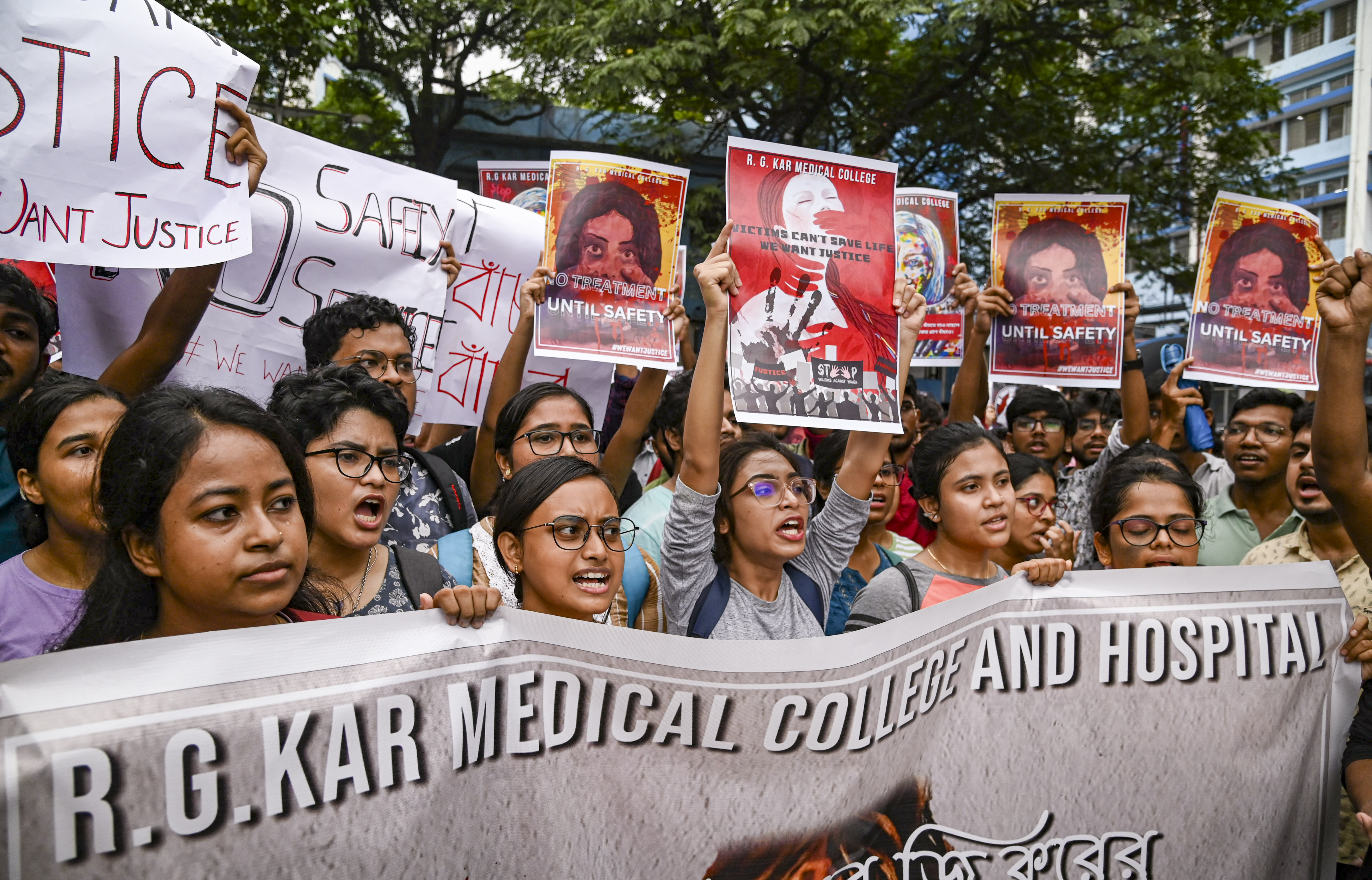India’s criminal justice system has undergone a significant revamp. Three new criminal codes, the Bharatiya Nyaya Sanhita, Bharatiya Nagarik Suraksha Sanhita, and Bharatiya Sakshya Adhiniyam, have replaced the Indian Penal Code, Code of Criminal Procedure, and the Indian Evidence Act, all of which were from the British era.
 The government’s stated aim for this change is to ensure faster justice delivery and to address modern-day crimes more effectively.
The government’s stated aim for this change is to ensure faster justice delivery and to address modern-day crimes more effectively.
Key Changes:
- Faster Trials: Judgments must now be delivered within 45 days of completing a trial, and charges must be framed within 60 days of the first hearing.
- Improved Accessibility: People can now file a First Information Report (FIR) at any police station, regardless of jurisdiction. Additionally, online complaint registration and electronic summons delivery are now possible.
- Enhanced Evidence Collection: Videography of crime scenes is mandatory for serious crimes.
- Focus on Forensic Science: Visits by forensic teams are required for offences carrying sentences of seven years or more. This increased demand for forensic experts will be addressed by the National Forensic Science University (NFSU).
- Addressing New Crimes: New provisions have been introduced to tackle emerging crimes like gang rape, mob lynching, and false promises of marriage.
- Government: Union Home Minister Amit Shah said the new laws will ensure “speedy justice and justice for all.” He acknowledged the need for proper implementation and training for law enforcement personnel.
- Opposition: Opposition parties, including Congress, have criticized the hasty implementation of these laws and called for more consultation.
- Judiciary: Chief Justice of India D.Y. Chandrachud considers this a significant moment for Indian society, recognizing the critical role of criminal law in everyday life.



